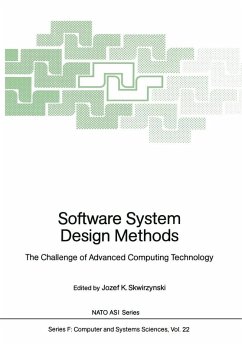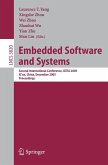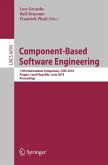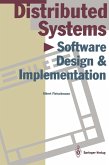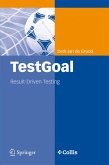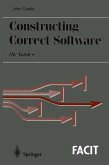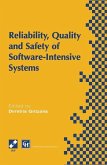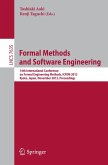In this volume we present the full proceedings of a NATO Advanced Study Institute (ASI) on the theme of the challenge of advanced computing technology to system design methods. This is in fact the second ASI organised by myself and my colleagues in the field of systems reliability; the first was about Electronic Systems Effectiveness and Life Cycle Costing, and the proceed ings were published by the same publisher in 1983, as "Series F (Computer and System Sciences, No. 3)". The first part of the present proceedings concentrates on the development of low-fault and fault-tolerant software. In organising this session I was greatly helped by Mr. John Musa and Professor V. R. Basili. The latter and Or. R. W. Selby open our text with their interesting approach to the problem of data collection and of observation sampling for statistical analysis of software development, software testing strategies and error analysis. The problem of clean room software development is also considered. Next Professor B. Randell discusses recursively structured fault-tolerant distributed computer systems, and bases his approach on a UNIX system example. His aim is to establish that a distributed system should be functionally equivalent to an individual computing system. Or. L. F. Pau considers knowledge engineering techniques applied to fault detection, test generation and maintenance of software. This is illustrated by a variety of examples, such as electronic failure detection, control system testing, analysis of intermittent failures, false alarm reduction and others. Following this Mr. M.
Dieser Download kann aus rechtlichen Gründen nur mit Rechnungsadresse in A, B, BG, CY, CZ, D, DK, EW, E, FIN, F, GR, HR, H, IRL, I, LT, L, LR, M, NL, PL, P, R, S, SLO, SK ausgeliefert werden.

